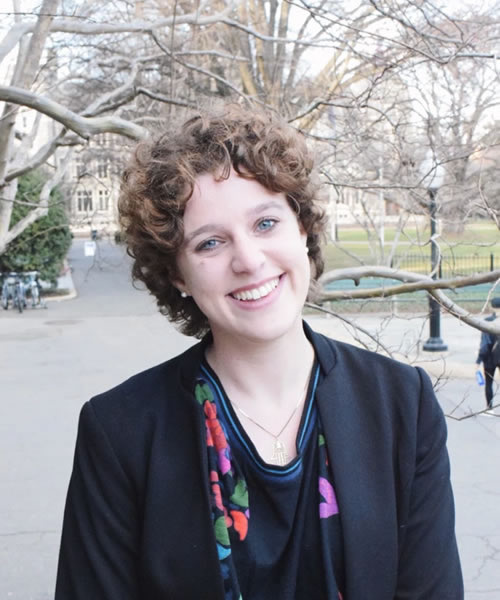The exodus and return of migrants and refugees from Central America (and especially Honduras, Guatemala, and El Salvador, also termed the Northern Triangle) present urgent and complex policy dilemmas for their countries and for other regional countries, notably the United States. Are the people migrants or refugees? What can be done to fix the problems they flee? How can those who are granted asylum or refugee status be supported in their integration? What support can be offered to those who turn back or are repatriated involuntarily? How can the security risks associated with the reality of criminal elements be addressed?
Faith actors of many kinds are involved in these issues, as advocates, mediators, and providers of widely varying services. Their roles are significant both because broad institutional weaknesses in the Northern Triangle countries leave many gaps and because religious beliefs are of central importance to populations. However, efforts tend to be fragmented and support is patchy and unreliable. Too little is known about what is being done and how it might be improved. This two-part series highlights the significant work of faith-inspired organizations (FIOs) in the Northern Triangle as well as the considerable challenges they face, focusing on their role in migrant repatriation and reintegration following deportation. It points to significant gaps in knowledge about FIO reach and impact. Read parts I and II in the responses below.


